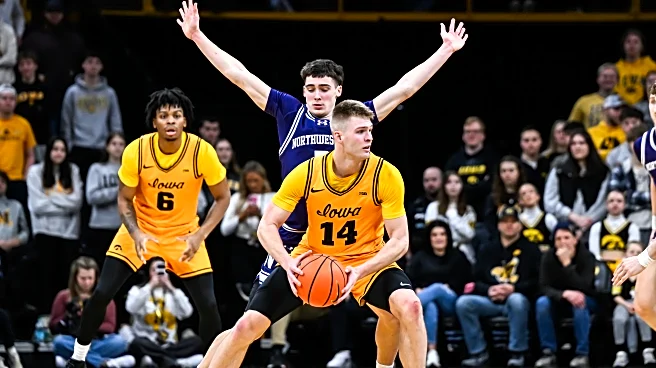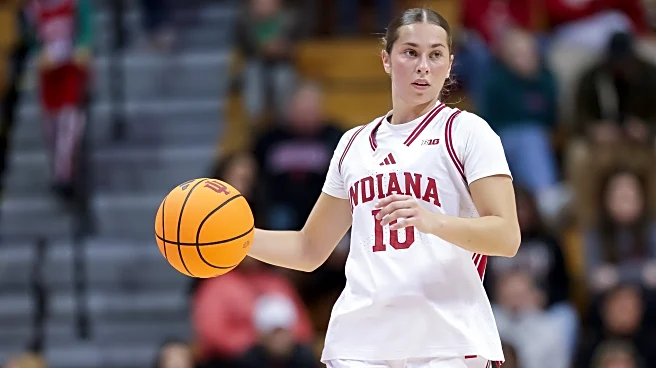What is the story about?
What's Happening?
A study conducted by Anglia Ruskin University (ARU) has discovered a novel method to access childhood memories by altering self-perception. The research involved fifty adults who participated in an experiment where their faces were transformed into childlike versions using software. This transformation was displayed on a screen, creating a convincing illusion that allowed participants to feel as though they were seeing a younger version of themselves. The study found that those who experienced this illusion were able to recall childhood memories more vividly and emotionally compared to those who viewed their adult faces. The findings suggest that the body plays a significant role in memory recall, with bodily self-consciousness influencing how memories are accessed.
Why It's Important?
The implications of this study are significant for understanding memory and its connection to bodily experiences. By demonstrating that altering one's perception of their body can enhance memory recall, the research opens new avenues for addressing memory loss and trauma. This technique could potentially be developed into therapeutic tools for individuals struggling with memory-related issues, offering a way to reconnect with past experiences. The study highlights the importance of bodily self-consciousness in memory processes, suggesting that our physical experiences are deeply intertwined with how we remember events. This could lead to advancements in cognitive therapies and memory research, benefiting those with cognitive impairments.
What's Next?
Future research may focus on refining these body illusions to further enhance memory recall. The study's authors suggest that more realistic childlike images, possibly generated by AI, could be used to improve the effectiveness of this technique. Additionally, exploring the use of these illusions for different stages of life, including early infancy, could provide deeper insights into memory formation and retrieval. The potential development of therapeutic applications for memory loss and trauma recovery is a promising direction, with researchers aiming to create tools that help individuals access memories that were previously unreachable.
Beyond the Headlines
The study challenges traditional views of memory as solely a mental process, emphasizing the role of the body in memory recall. This perspective could lead to a broader understanding of how physical experiences shape cognitive functions. The concept of bodily self-consciousness, which combines body ownership, agency, and self-location, may become a focal point in cognitive science research. The findings also raise questions about the ethical implications of using body illusions in therapy, particularly regarding the manipulation of self-perception and identity.

















